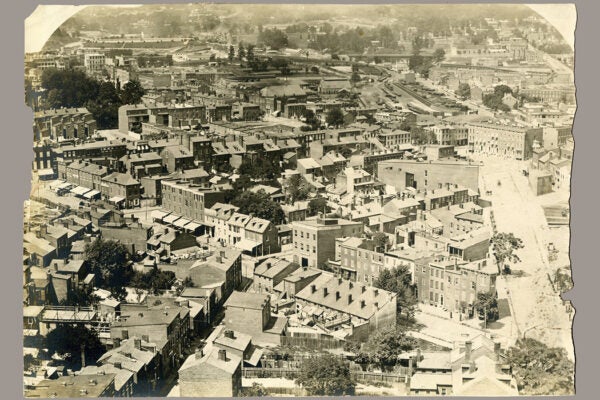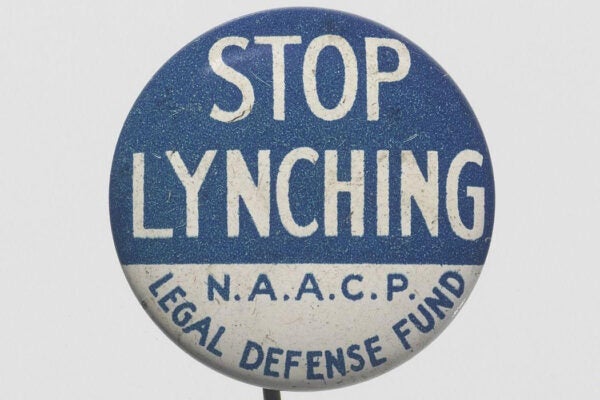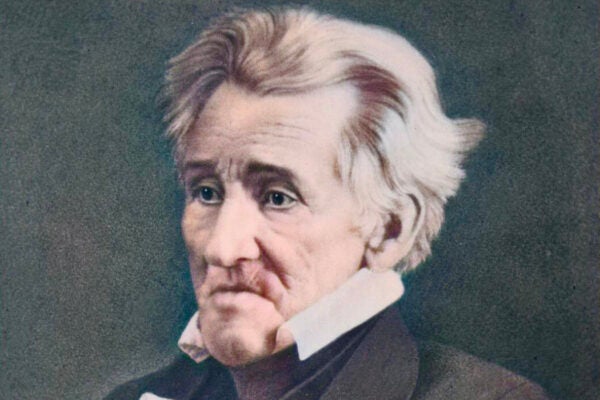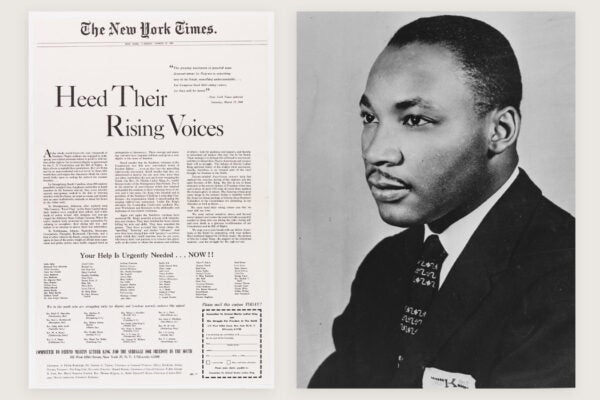The Fugitive Slave Act of 1850: Annotated
The Fugitive Slave Act erased the most basic of constitutional rights for enslaved people and incentivized US Commissioners to support kidnappers.
Justice in Baltimore
In an atypical case, a white policeman was convicted of killing a Black man at a private house party.
“Lynch Law in America”: Annotated
Ida B. Wells-Barnett, whose January 1900 essay exposed the racist reasons given by mobs for their crimes, argued that lynch law was an American shame.
Andrew Jackson’s Speech on the Indian Removal Act: Annotated
In December 1830, two months after the passage of the Indian Removal Act, President Andrew Jackson used his annual Congressional message to celebrate the policy.
The Gift of the Grange
Originally a secret society, the National Grange of the Order of Patrons of Husbandry today is an important health and education resource in rural communities.
Staying Cool: Helpful Hints From History
Take a look back at how others have survived—and thought about—the high heat of summer.
The Border Presidents and Civil Rights
Three US presidents from the South’s borders—Truman, Eisenhower, and Johnson—worked against Southern politicians to support civil and voting rights.
Missouri Compromise of 1820: Annotated
The “compromise” attempted to answer the question of whether the Missouri territory would be admitted to the Union as a “slave” or “free” state.
The Power of Pamphlets in the Anti-Slavery Movement
Black-authored print was central to James G. Birney’s conversion from enslaver to abolitionist and presidential candidate.
“Heed Their Rising Voices”: Annotated
In 1960, an ad placed in the New York Times to defend Dr. Martin Luther King, Jr. and other civil rights activists touched off a landmark libel suit.









